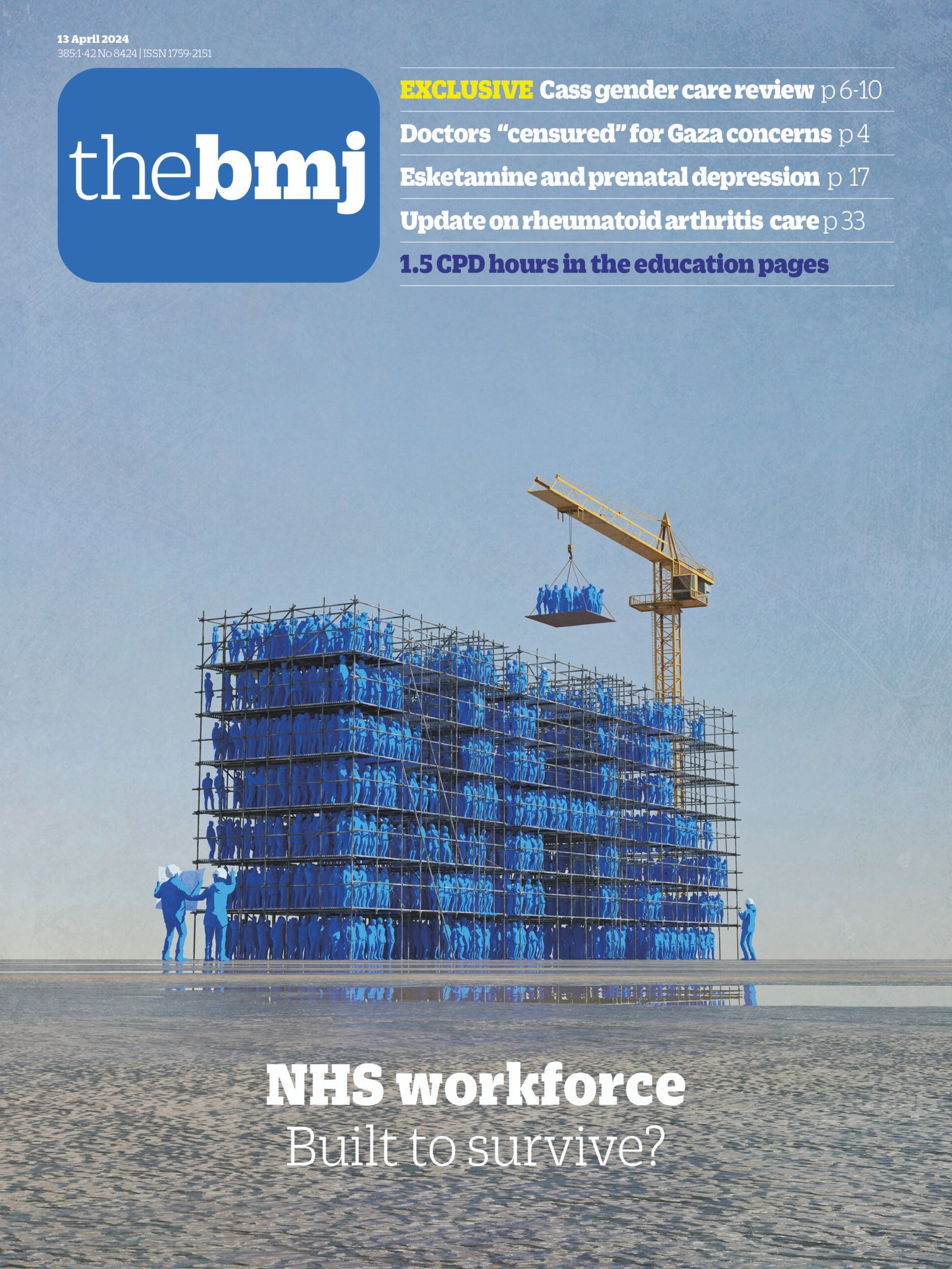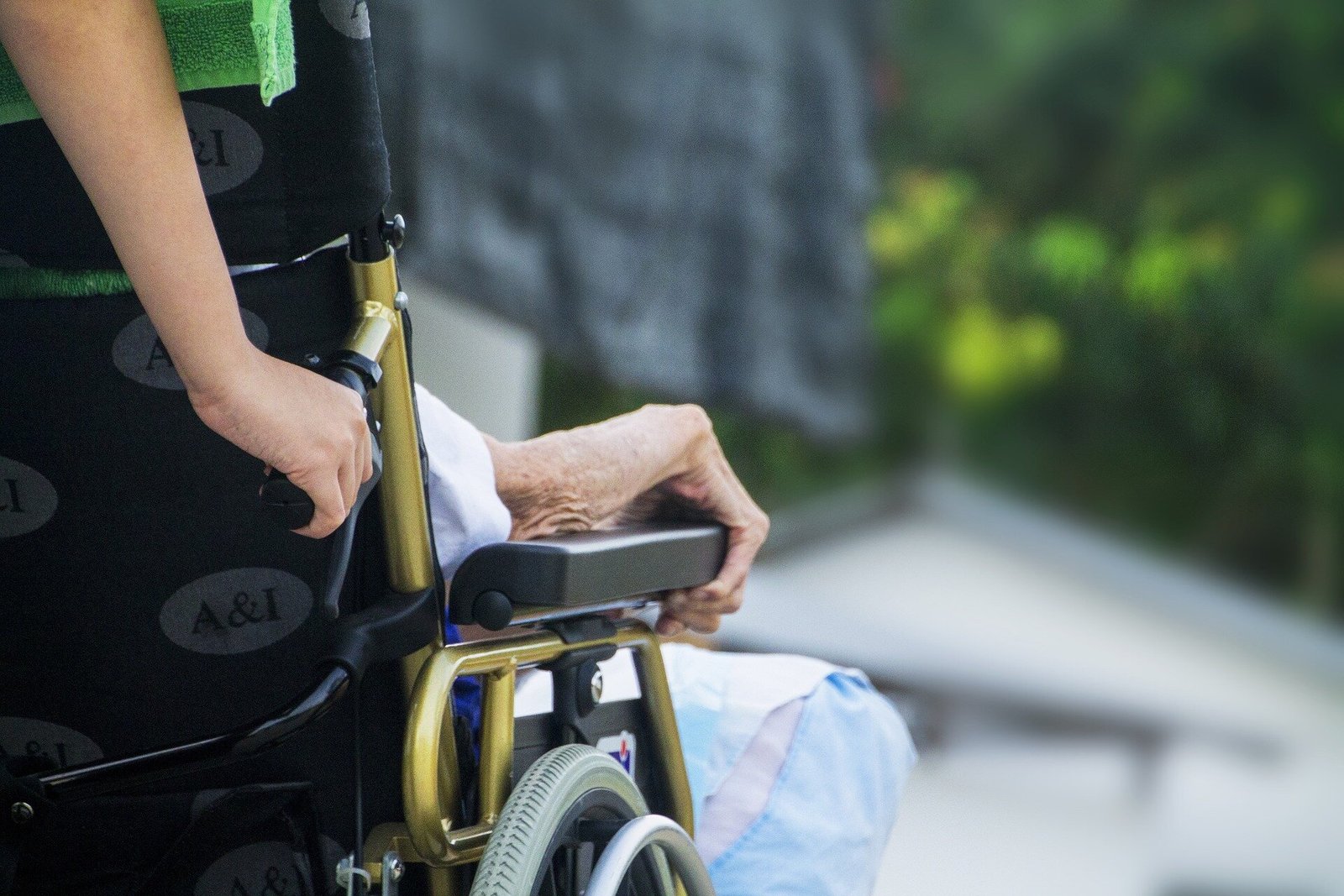- Jazz Sethi, patient
Have you ever felt the cold prickle of eyes staring at you as they silently pass judgment? Stigma is a term that carries the weight of unsaid words. And while the Oxford Dictionary might define it neatly, its repercussions are messier and more tangible in daily life.
I come from India, a land rich in contrasts. This land of astronauts and farmers, of tech moguls and street vendors, often finds itself entangled in webs of age-old traditions. Within these traditions, the shadow of stigma looms large—the weight of “log kya kahenge?” which translates as “What will people say?” In my India, type 1 diabetes isn’t just a medical term, it’s spoken about by many both privately and publicly as a “kalank” or “stain” on society. Diabetes is seen as a supposed flaw, and type 1 diabetes carries greater stigma than type 2. The hushed discussions and the fleeting glances are often as difficult to tolerate as the diabetes itself.

The stigma surrounding type 1 diabetes in India stems from various cultural and societal factors. The notion of injecting insulin, especially in children, is perceived as intrusive and unconventional. Anything viewed as “new” or “foreign” often faces resistance and scepticism. Moreover, the emphasis on lineage and familial reputation plays a significant role. Conditions such as type 1 diabetes, particularly when they manifest in children, are sometimes viewed as hereditary or indicative of familial shortcomings, leading to the perpetuation of stigma and shame in society. In this context, “kalank” underscores the deep rooted societal perception of type 1 diabetes as a mark of imperfection or deviation from the norm.
Growing up in Ahmedabd, in India’s bustling streets, I learnt early that living with diabetes meant facing an audience of people who were riddled with preconceptions, often believing that they know better about alternative treatments and options, despite complications. So, where does this leave people like me?
With this stigma hovering deep and constant, the stories of many people living with diabetes reveal disturbing realities. I have heard of children and young people who have been neglected and abused because of their diabetes. Stigma plays a role in this by burdening families with concerns about their child’s future relationship prospects and contribution to society.
Stigma can be tied to belief systems, and gestures intended with love and concern occasionally assumed the form of superstition. Well intentioned individuals propose taking patients to religious figures to ward off the perceived “evil eye” of diabetes, or they attribute diabetes to bad karma or sin from a previous life.
Misinformation also feeds into the stigma of diabetes. I heard of a child whose family rejected them as “unworthy” because they believed diabetes is contagious. I also heard from another family who took their 4 year old child to a camp that claimed to “reverse” diabetes. The child was put on a plant based diet, was made to do yoga for four hours a day, and his insulin was stopped. Four days later, that child was rushed to the emergency department with symptoms of diabetic ketoacidosis.
These stories illustrate the profound harm of stigma and misinformation on clinical outcomes, quality of life, and mental wellbeing, including denial of essential medical needs. Beyond the physical toll, people with diabetes experience profound effects on their mental health, grappling with heightened stress, anxiety, and sometimes depression due to the fear of judgment and social isolation.1 Families, witnessing the challenges faced by their loved ones, also bear the weight of emotional distress, creating a collective mental health burden within communities. Stigma has real consequences, especially in low and middle income countries due to lower health literacy and education.
To break these chains of prejudice, we need a revolution. Not just of thoughts, but to change our very ethos. It’s not just about changing people’s mindset, it’s about rewriting age-old scripts. It’s about proclaiming that a person’s worth and essence isn’t determined by their health status, but by their spirit, their dreams, and their resilience.
Healthcare communities, influencers, and family members—our collective voice against stigma is crucial. From a doctor’s clinic to a family dinner, from educational institutions to workplaces, let’s challenge the status quo and misinformation around diabetes through open dialogues. By remaining silent, we inadvertently enable misconceptions about diabetes to be perpetuated. Every insensitive or inaccurate piece of information, comment, or sneer must be confidently confronted.
To me, this isn’t just about challenging perceptions, it’s personal. I’ve lived with diabetes, ridden its ups and downs, and, through it all, found a purpose. But I have been able to avoid the social lens of stigma because of the place of privilege I come from. I have a family who were not swayed by misinformation, but that is not the reality for many people with diabetes.
In this journey against diabetes stigma, I’ve come to realise it’s not just about the years in our life, but the life in our years. Let’s ensure those years are uninhibited and free from stigma.
Footnotes
-
Competing interests: No conflicts of interest.
-
Provenance and peer review: Not commissioned, not externally peer reviewed.










